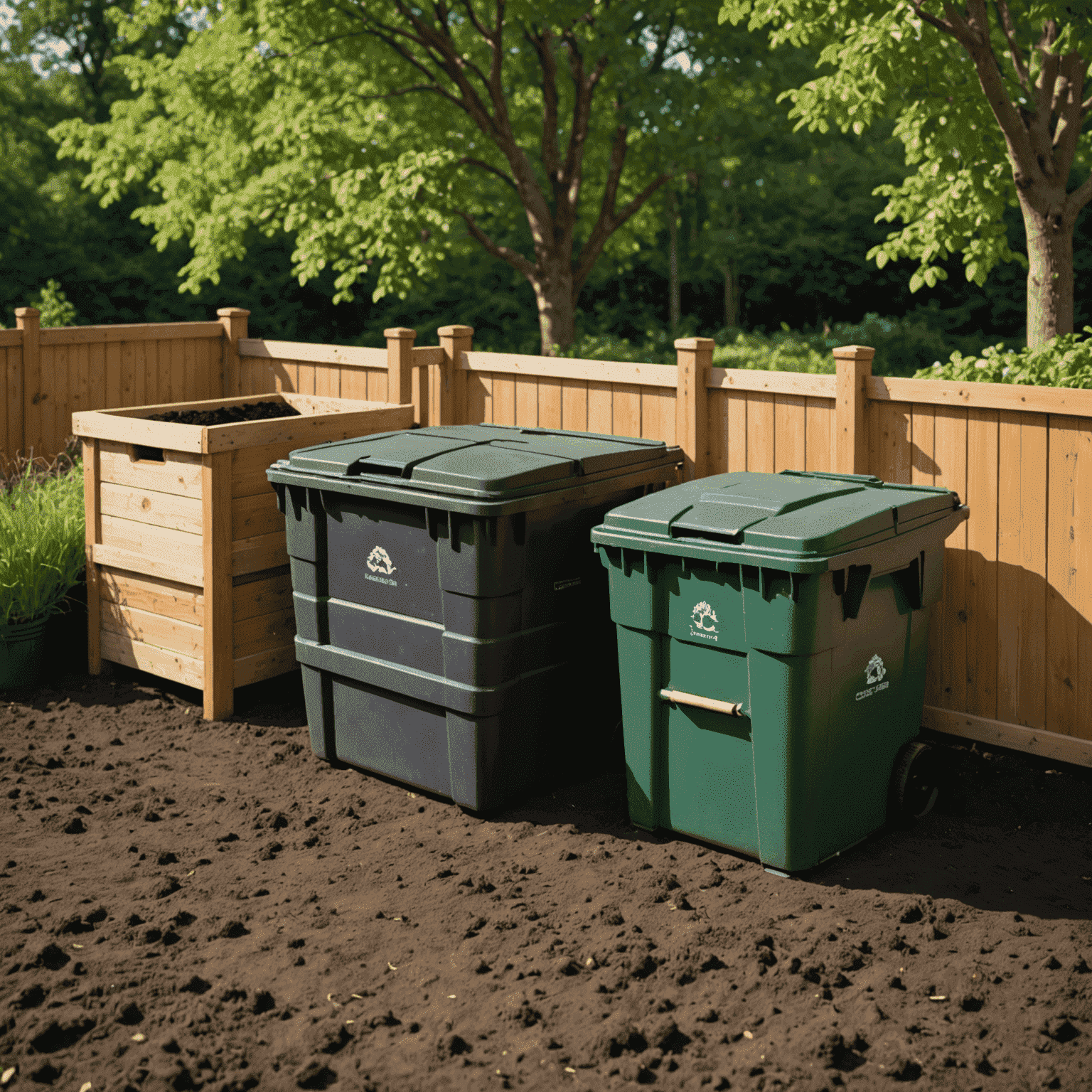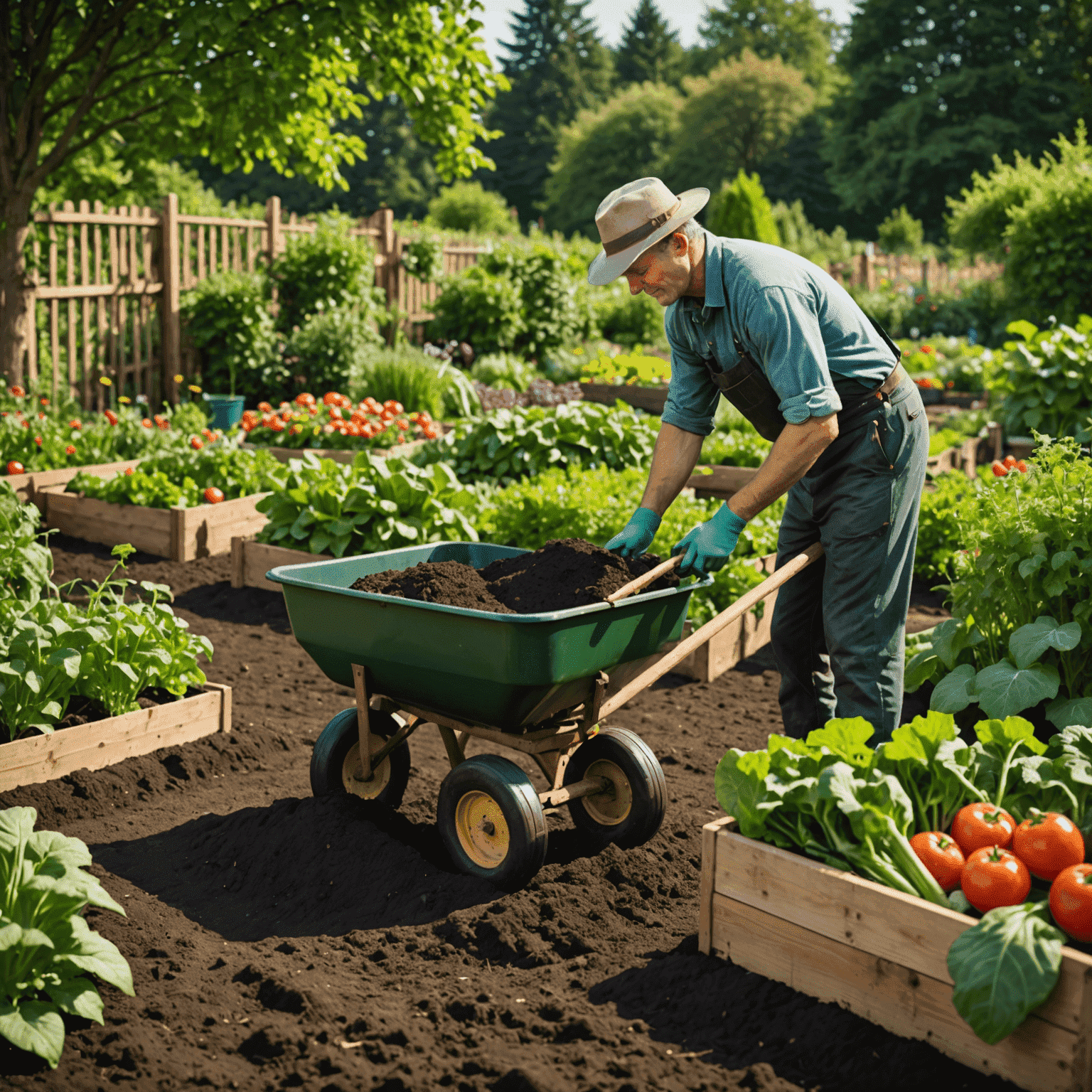Composting 101: A Beginner's Guide to Sustainable Gardening

Composting is a cornerstone of sustainable gardening, offering a way to recycle organic waste into nutrient-rich soil. This guide will walk you through the basics of starting and maintaining your own compost bin, helping you create a thriving garden while reducing waste.
Why Compost?
Composting is nature's way of recycling. It's an eco-friendly process that turns kitchen scraps and yard waste into "black gold" for your garden. Here are some benefits:
- Enriches soil, helping retain moisture and suppress plant diseases
- Reduces the need for chemical fertilizers
- Encourages the production of beneficial bacteria and fungi
- Reduces methane emissions from landfills by diverting organic waste
Getting Started: Choosing Your Compost Bin
There are several types of compost bins to choose from:
- Open Bin: A simple structure made of wood, wire, or pallets.
- Enclosed Bin: A container with a lid, good for urban settings.
- Tumbler: A barrel that can be rotated for easy mixing.
- Vermicomposting: Uses worms to break down organic matter, iperfect for indoor composting.

What to Compost
Green Materials (Nitrogen-Rich)
- Fruit and vegetable scraps
- Coffee grounds and filters
- Tea bags
- Fresh grass clippings
- Plant trimmings
Brown Materials (Carbon-Rich)
- Dry leaves
- Straw
- Sawdust
- Shredded newspaper
- Cardboard
The Composting Process
- Layer your materials: Alternate between green and brown materials.
- Keep it moist: Your compost should be as damp as a wrung-out sponge.
- Aerate regularly: Turn your compost every few weeks to provide oxygen.
- Monitor temperature: A warm compost pile indicates active decomposition.
- Be patient: Composting can take anywhere from two months to a year.
Troubleshooting Common Issues
- Bad odor: Add more brown materials and turn the pile.
- Pests: Avoid adding meat, dairy, or oily foods to your compost.
- Slow decomposition: Ensure proper moisture and aeration.
Using Your Compost
Once your compost is dark, crumbly, and earthy-smelling, it's ready to use. Here are some ways to incorporate it into your garden:
- Mix it into garden soil before planting
- Use as a top dressing for lawns
- Add to potting soil for container plants
- Make compost tea for a nutrient-rich fertilizer

Composting is a rewarding practice that benefits both your garden and the environment. By turning waste into valuable nutrients, you're participating in a sustainable cycle that encouragestes healthy plant growth and reduces landfill waste. Start small, be consistent, and watch as your garden thrives with the help of your homemade compost!